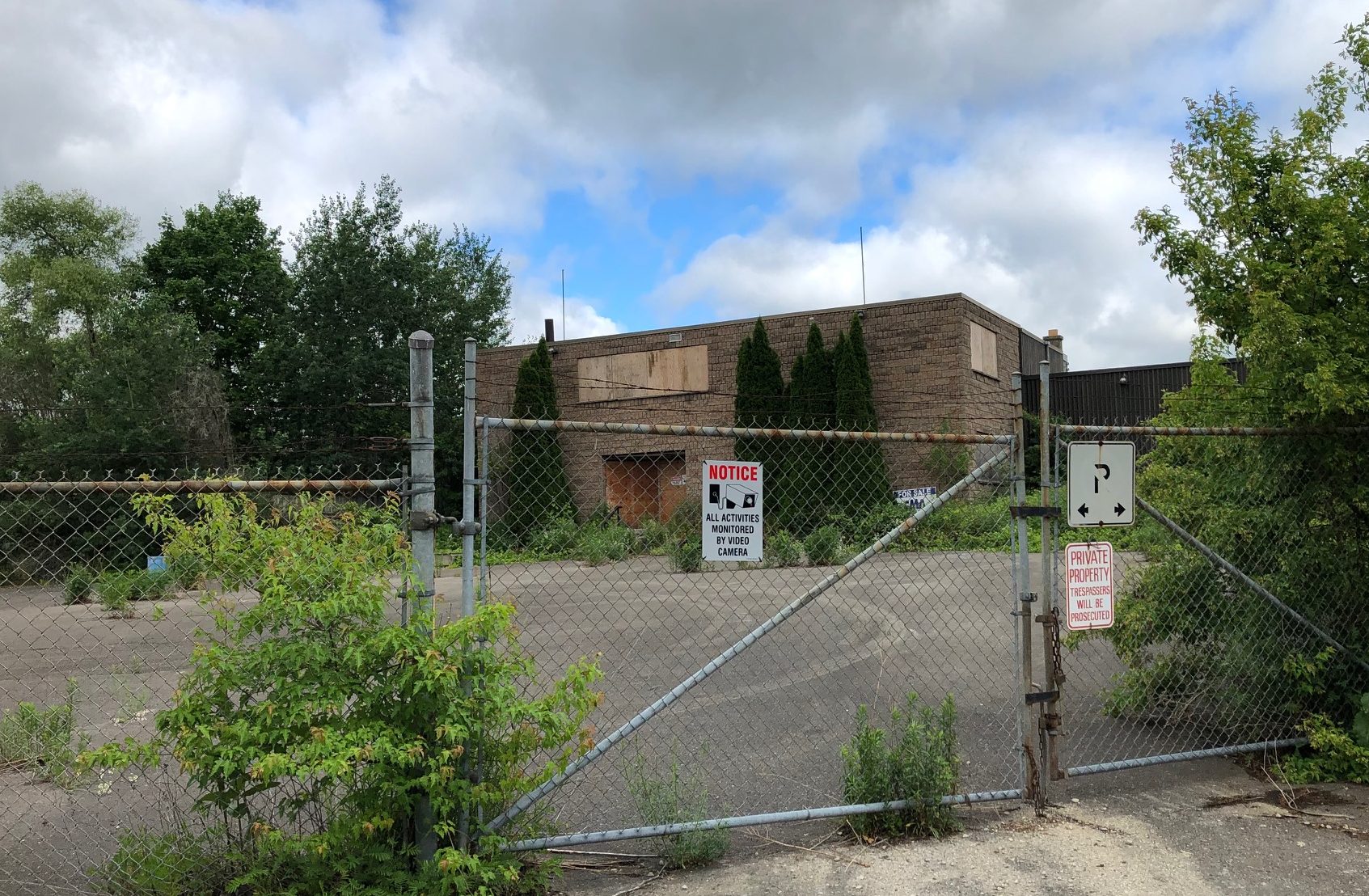ELORA – Municipalities may soon have the power to turn away commercial water bottlers.
On Oct. 6, the Ministry of Environment, Conservation and Parks released a proposal under the Ontario Water Resources Act requiring water bottling companies to obtain support of the host municipality for new or increased groundwater taking that daily exceeds 379,000 litres.
“We’re really happy about that for sure,” said Centre Wellington Mayor Kelly Linton.
“That’s one of the things that we were asking for, so the fact that the Ontario government has made it really clear that what municipalities want and need is a priority over … commercial water bottling operations, that’s what we wanted.
“We’re really glad that the province is moving in that direction, for sure.”
The proposal document states that through engagement on proposed enhancements to the water taking program, the government learned stakeholders would support giving municipalities more direct input on decisions in their communities.
“We’re really pleased to see this,” said Save Our Water spokesperson Donna McCaw. “We think it’s a really good step.
“It means that the province has been listening to the concerns about protecting water and it will give municipalities a voice.”
However, Dr. Andreanne Simard, Nestlé Waters Canada’s natural resource manager, says host municipalities and other stakeholders have always had input in water taking permit applications.
“Municipalities should continue to provide input as they currently do,” Simard stated in an email to the Advertiser.
“The government’s own review, released in June 2020, identified that the current water taking regulations are effective.”
The new proposal suggests that before commercial water bottlers can apply for a new or increased permit, they must obtain a resolution of support from the host municipality.
If a municipality passes such a resolution, the company would be able proceed with an application. The government would then perform a technical review to decide if it’s viable.
Resolutions of support would expire after five years.
If a municipality originally offers a resolution of support, but subsequently passes a resolution in opposition, the water taking permit application will still proceed.
If a municipality originally objects and later withdraws the objection, “the application would be able to proceed for review by the ministry,” the ministry report states.
Should a municipality fail to offer a resolution, either in support or objection, within 12 months of receiving the request, the application would be allowed to proceed to the government level.
Linton said Centre Wellington staff is currently going through the new proposal with a “fine-toothed comb just to make sure that it is what it seems like it is.”
He added, “It seems really clear that if municipalities don’t want a commercial water bottling operation within their jurisdiction we have a veto authority over that.
“That’s how it seems, unless we’re missing something.”
The application is open for comments until Nov. 20 and can be found at https://ero.ontario.ca/notice/019-2422.
If approved, Linton said he assumes the municipality would object to any permits requested, including one for the controversial Nestlé-owned Middlebrook well in Elora.
“I can’t speak for all of council, but what I can say is that it’s the one thing that all council has … been unanimous on and that is to protect our water long-term since we’re a growing community,” he said.
However, Nestlé doesn’t currently have any applications or requests submitted to the province for the Middlebrook well.
“At this time, all we have sought is a permit to conduct a pump test from the Ministry of the Environment, Conservation and Parks,” Simard said.
“Its approval would allow us to understand more about the sustainability of the resource.
“This is valuable information that would be shared with Centre Wellington to aid in their Water Supply Master Plan study.”
Simard said with the provincial moratorium on new permits to take water means the pump test is on hold.
The current moratorium began on Jan. 1, 2017 and was to be in place for two years.
It has been extended three times and is now set to end on April 1.
Nestlé applications at its Aberfoyle and Erin sites are “basic renewal applications,” Simard said, so they would not require municipal support under the new proposal.
Other situations that would not require municipal support under the new proposal include:
- renewal of an existing permit that is the same or lower than the permitted volume, on the same site for the same purpose;
- replacement of an existing water resource, like a well;
- an administrative change to the permit like company name or ownership;
- requirement of a short term permit for a pump test;
- retrieval of water from the municipal water supply; and
- proposing water on an unorganizated territory.



